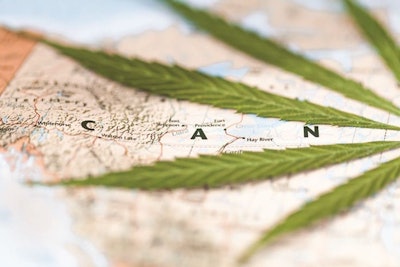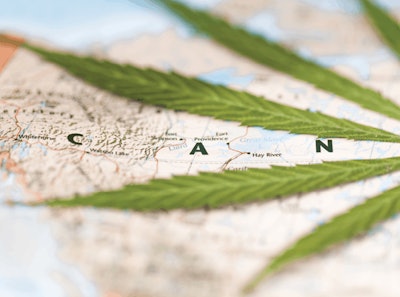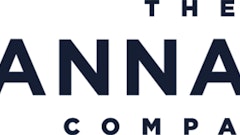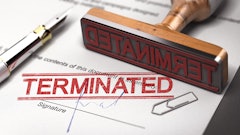

After Aurora Cannabis acquired hemp-CBD company Reliva, the Canadian licensed producer named Reliva's CEO, Miguel Martin, as its new CEO. It was the latest turning point for a cannabis giant caught in the throes of tumbling stock prices and nine-digit net losses in Q3.
In the same set of headlines for the beleaguered business, Aurora announced up to C$1.8 billion in goodwill impairment charges. Aurora’s stock price fell further, down 12% on Sept. 8, as the news broke.
But what does that mean?
A goodwill impairment charge is a write-down that compares the acquisition cost against the actual value of a purchased asset (and, of note for investors, the recoverable value). Here’s an example: Company A acquires Company B for $100 million. Company B is valued at $90 million. That $10-million difference is what’s known as goodwill: a higher purchase price than what the market might dictate. The goodwill itself is recorded as an asset.
Where things get tricky is when Company B runs into a compliance issue or, say, a broadside of layoffs in the midst of a global pandemic. Cash flow dwindles. Revenue drops. Company B takes a hit on its market value, thus expanding that gap between what Company A paid for this asset and what the asset is now worth.
Let’s say Company B falls to a $70-million market value. The difference is a $20-million charge for Company A. The goodwill has been impaired. The impairment is recorded as an expense against the goodwill line item.
The goodwill itself decreases in value, and the $20-million charge cuts into net earnings.
In the cannabis industry, across North America and beyond, this is a big problem. In Canada, it’s even more significant: Canadian stock transactions have been the driving force of cannabis M&A in recent years.
Max Cherney flagged this problem in an August 2019 MarketWatch piece. He called it “the $4-billion time bomb ticking away inside the biggest marijuana companies.” Now, more than one year later, as cannabis company valuations shift in an uncertain marketplace, the time bomb is even more of a perpetual worry for investors and, ultimately, for executives at the helm.
The problem echoes the dot-com boom—and eventual bust—of the early 2000s, when goodwill impairment charges first caught ink in the business press.
For Aurora, the impairment charge clocks in at twice the company’s market cap of $985 million. (At the time of Cherney’s report, Aurora was sitting on $2.4 billion in goodwill.) “Material progress has been made to optimize our Canadian operations and put Aurora on a much stronger footing,” Martin said in a public statement.
For other companies eagerly scouting M&A deals in a mostly deserted capital landscape this year, this balance sheet bother is something to watch.
There’s no real template for evaluating goodwill impairment risk—especially in an industry as financially volatile as cannabis, and that goes double in a year marked by a global crisis and attendant economic hardship. Market comparisons and cash flow forecasts are helpful; it certainly pays to monitor the competitive scene among similarly sized businesses.
























